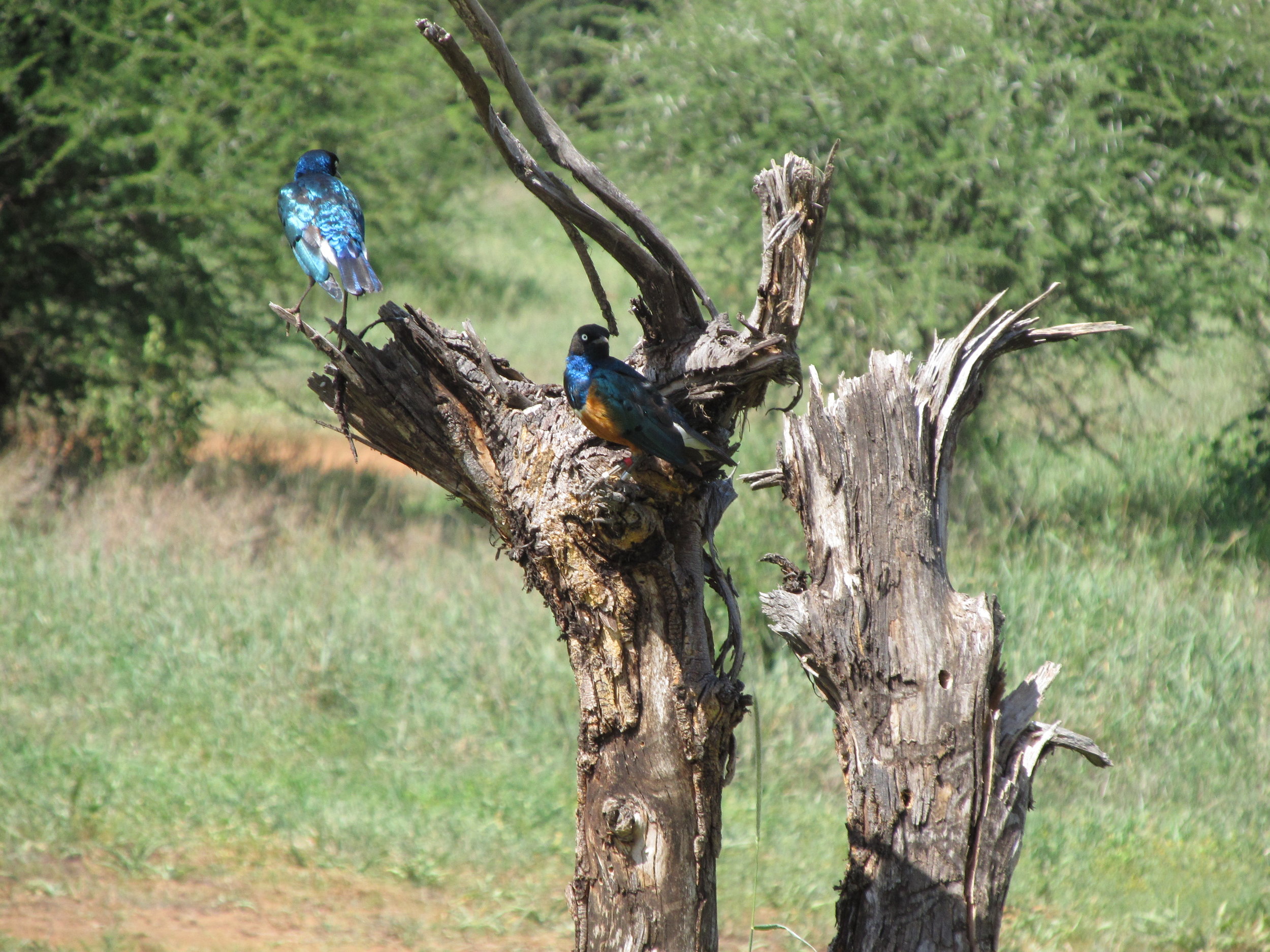Pollack, L., Afework, K. *, and Saltz, J.B. (2025). The last of us: social information enhances trappability in fruit flies. Behavioral Ecology, 36(5), araf100.
Pollack, L., Culshaw‐Maurer, M., & Sih, A. (2025). Social dominance influences individual susceptibility to an evolutionary trap in mosquitofish. Ecological Applications, 35(1), e3081.
Hutchins, M., Douglas, T., Pollack, L., and Saltz, J.B. (2024). Genetic variation in male aggression is influenced by genotype of prior social partners in D.melanogaster. The American Naturalist, 203(5).
Pollack, L., Munson, A., Zepeda, E., Culshaw-Maurer, M., and Sih, A. (2022). Variation in plastic consumption: social group size enhances individual susceptibility to an evolutionary trap. Animal Behavior, 192, 171-188.
Pollack, L.†, Munson, A.†, Savoca, M. S., Trimmer, P. C., Ehlman, S. M., Gil, M. A., and Sih, A. (2022). Enhancing the ecological realism of evolutionary mismatch theory. Trends in Ecology & Evolution, 37(3), 233-245.
Pollack, L., Wiltsee, L.*, Beittel, A.*, Ganzorig, B., and Jensen, O.P. (2021). Individual variation and vulnerability to angling: no apparent behavioral differences among fish captured using different fishing gears. Ethology, 127(12), 1084-1093.
Sih, A., Pollack, L., and Munson, A. (2020). Animal Personality. Encyclopedia of Personality and Individual Differences (Volume 1: Models & Theories). Eds. Zeigler-Hill, V. and Shackelford, T.K., Springer International Publishing.
Jones, C., Pollack, L., and DiRienzo, N. (2020). Game of webs: patterns of web defense and behavioral variation among native species are influenced by species of intruder. Behavioral Ecology, 31(1), 32-42.
Ehlman, S.M., Haplin, R., Jones, C., Munson, A., Pollack, L., and Sih, A. (2019). Intermediate turbidity elicits the greatest anti-predator response and generates repeatable behavior in mosquitofish. Animal Behaviour, 158, 101-108.
McInturf, A. G. †, Pollack, L.†,Yang, L. H. and Spiegel, O. (2019). Vectors with autonomy: what distinguishes animal-mediated nutrient transport from abiotic vectors? Biological Reviews, 94(5), 1761-1773.
Barrett, B. J., Zepeda, E., Pollack, L., Munson, A., and Sih, A. (2019). Counter-culture: Does social learning help or hinder adaptive response to human-induced rapid environmental change?. Frontiers in Ecology and Evolution, 7(183).
Sih, A., Pollack, L., and Zepeda, E. (2019). On using conceptual frameworks to guide a systematic review: comment on Berger-Tal et al. Behavioral Ecology, 30(1), 12-13.
Pollack, L., Ondrasek, N. R., and Calisi, R. (2017). Urban health and ecology: the promise of an avian biomonitoring tool. Current Zoology, 63(2), 205-212.
Pollack, L. and D.R. Rubenstein. (2015). The fitness consequences of kin-biased dispersal in a cooperatively breeding bird. Biology Letters, 11(7), 20150336.
*denotes undergraduate co-authors
† denotes equal first authors

